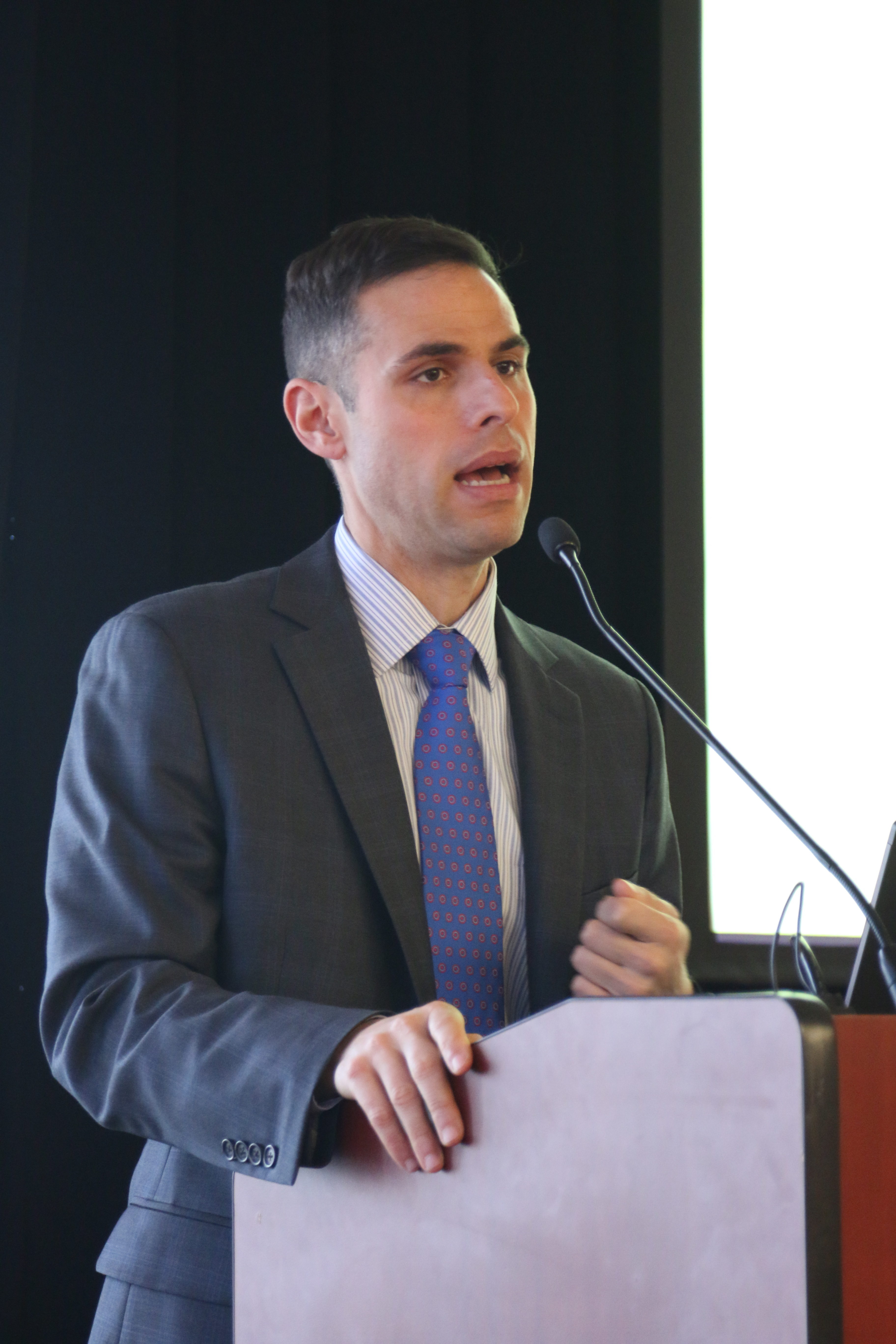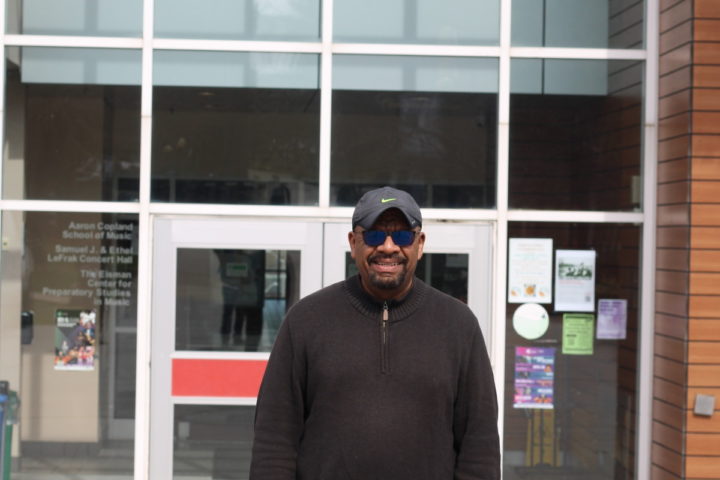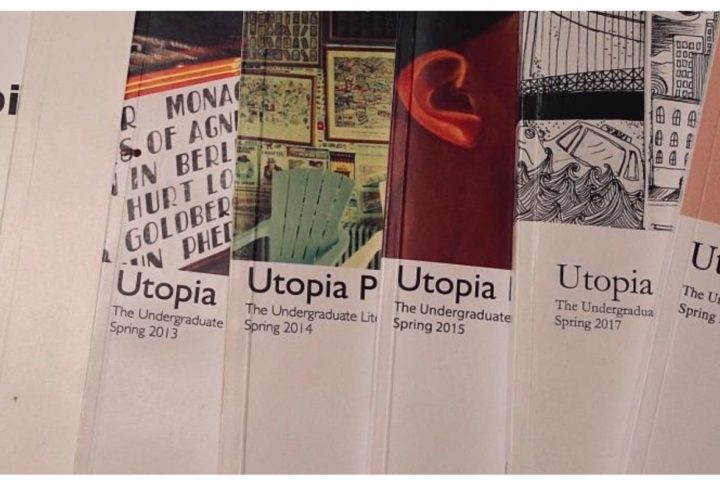The Department of Labor published a report in 1965 titled “The Negro Family: The Case for National Action,” commonly known as the Moynihan Report, named after Daniel Patrick Moynihan, the author.
The report condemned the disintegration of the family structure within the poor, black community. It was criticized for “blaming the victim” instead of targeting systematic racism and other societal factors.
However, the report became controversial within the black community who, at the time, fought for equal treatment under the law. Still, its legacy remains as supporters refer to it even 50 years after its publication.
Stephen Steinberg, a Queens College professor, examined the report’s legacy 50 years after its publication at Powdermaker 351 on Oct. 7.
Steinberg discussed how the Moynihan Report is still cited to explain racial inequality. He advised to “follow the footnotes,” suggesting that a number of the sources that made their way into the report were racially biased.
“Today, in the wake of Ferguson and Baltimore, the weak black family is again cited by politicians, pundits and scholars as the root of the problem,” Steinberg said. “Once again, instead of confronting the deep equalities between blacks and whites, public discourse again lapses into a blaming of the victim.”
Additionally, Steinberg wrote a piece for Boston Review titled “The Moynihan Report at Fifty: The Long Reach of Intellectual Racism,” where he examined racism and the use of the report in intellectual circles.
Pamela Bennett, also a QC professor, felt the Moynihan report significantly ignored the greater societal problems experienced by blacks during the civil rights movement.
“Although it was offered as a ‘case for national action,’ it provided an inaccurate assessment of what lays at the heart of the challenges black people face in America,” Bennett said.
Bennett warned of the consequences of making wrong or inaccurate assessments as it would likely lead to wrong solutions for resolving overall issues.
“Wrong assessments of the sources of social problems inevitably lead to inadequate and wrong-headed prescriptions for solving them. Therefore, turning to the Moynihan Report today for insight into what America needs to do to alleviate racial inequality and the social consequences of historical and present-day racial injustices is even more problematic today than it was fifty years ago when the report was published,” Bennett said.
The report is still used and cited across the U.S., including in New York City politics.
William Bratton, the police commissioner at the New York Police Department, came under fire last month for praising the Moynihan Report.
During an interview on MSNBC’s “Morning Joe,” Bratton referred to the “disintegration” of the family, a term used in the Moynihan Report, and how Moynihan was right.
“It’s gone beyond just the black community, although so much of what you are reading in The New York Times today is centered largely in communities of color in our major cities. We really need to find ways to deal with this,” Bratton said.
New York City Mayor Bill de Blasio, who appointed Bratton as police chief, later disagreed with Bratton’s comments on the report.
“That report is literally half a century old and I think society has changed a lot,” De Blasio said. “I think there are some assumptions in that report that just don’t hold today.”













